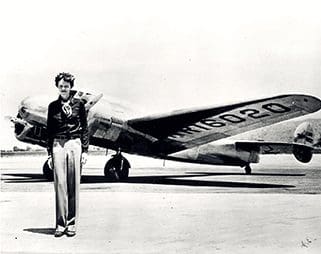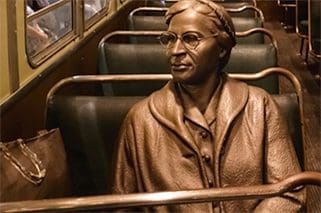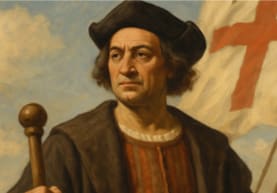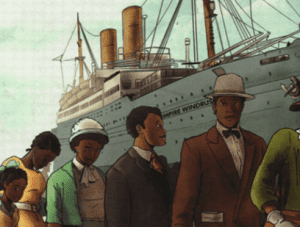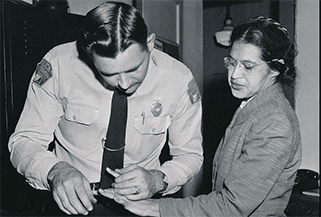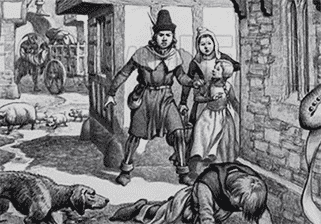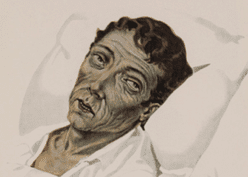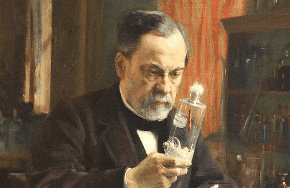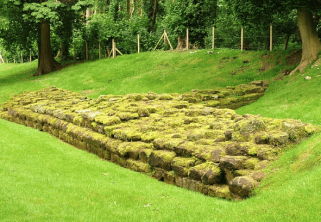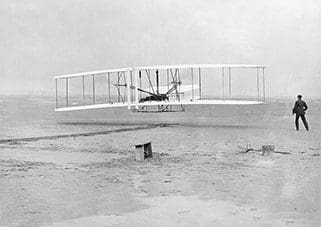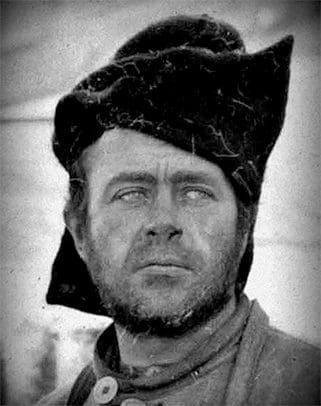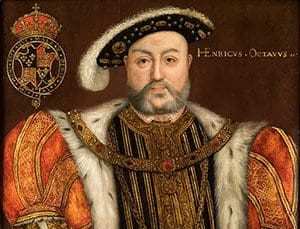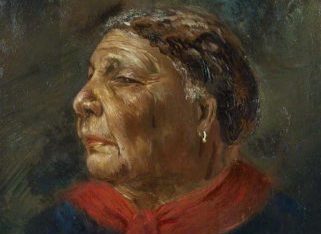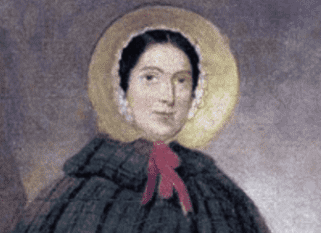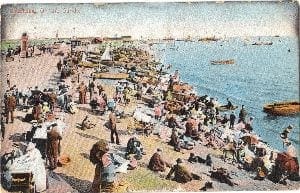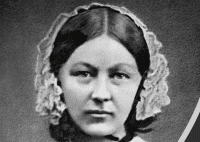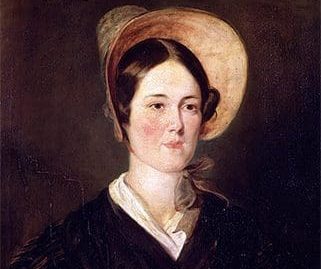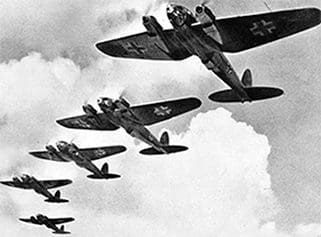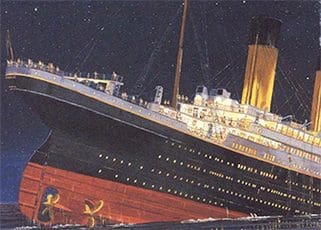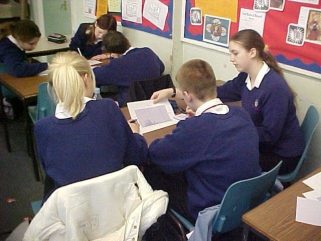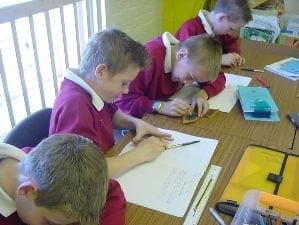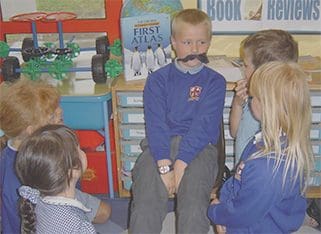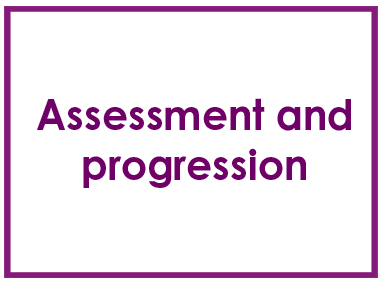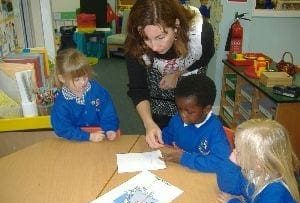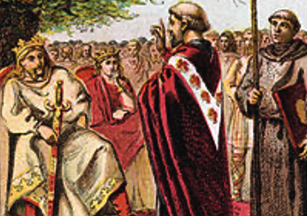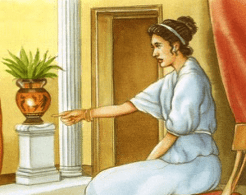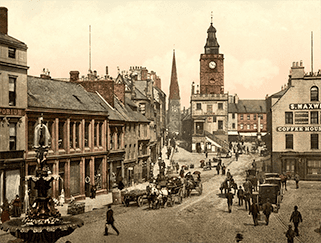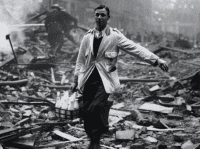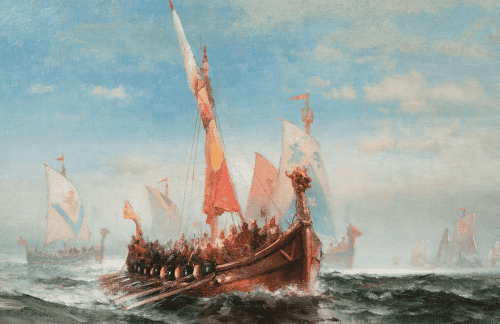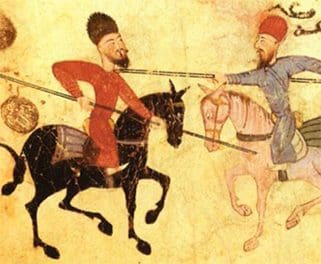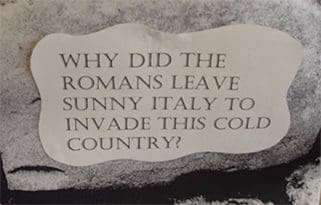Keystage history
Great Fire of London end of unit quiz – KS1
In this quiz, you’ll test your knowledge about one of the most famous events in British history — the Great…
Read MoreAmelia Earhart – assessment task
Disciplinary concept target: Significance Pupils draw on the 4 clues to underline why Amelia Earhart is seen as an important…
Read MoreRosa Parks – assessment task
This assessment task provides 3 images which should prompt pupils to show their knowledge and understanding of Rosa Parks’ significance….
Read MoreChristopher Columbus – assessment task
This assessment task provides clues to help pupils use their subject knowledge in order to explain why Columbus is still…
Read MoreBlack and British – assessment task
This assessment task is different from the others in the KS2 suite of tasks in that it comprises multiple questions…
Read MoreAmelia Earhart end of unit quiz – KS1
You’ve learned all about the amazing Amelia Earhart — the brave pilot who loved to explore the skies and follow…
Read MoreProgression in primary history: Top 6 ideas
A lot of you have been tasked with trying to specify what progression looks like in history in your school….
Read MoreUsing AI to improve learning in history: need convincing?
Laura has just taken over as history subject leader from September. She has an interest in history but no qualifications,…
Read MoreRosa Parks end of unit quiz – KS1
This quiz will help you remember all the important things we have learned about Rosa Parks. She was a very…
Read MorePlanner for KS2 thematic study Black Death to today: Keeping healthy over time
This intrinsically interesting topic has been chosen as a long-term development study as it not only builds on the fact…
Read MoreKeeping healthy – KQ1 – What does the Black Death of 1348 tell us about people’s knowledge of health 700 years ago?
Pupils are hooked in with a story of the impact of the Black Death on one family. This is followed…
Read MoreKeeping healthy – KQ2 – How much more did they know about keeping healthy by the time of the Great Plague of 1665?
Pupils’ attention is focused on the Great Plague of 1665. They consider the likely efficacy of methods used to combat…
Read MoreKeeping healthy – KQ3 – Did such huge changes in people’s health suddenly take place about 200 years ago?
Pupils’ attention is grabbed with a powerful story, supported by detailed analysis of two contemporary sources. Having had the changes…
Read MoreKeeping healthy – KQ4 -Which were the biggest breakthroughs in people’s health in the 19th century?
In this session the focus moves to pupils’ working more independently, carrying out their own research in groups and then…
Read MoreKeeping healthy – KQ5 – Has everyone become healthier in the last 100 years?
Starting with a contemporary cartoon analysis, which hints at highly relevant current life-style related health problems that still have not…
Read MoreKeeping healthy – KQ6 – When was the best time to live in terms of keeping heathy? What would the dates of your preferred lifespan of 80 years be?
In this brief concluding session, pupils look back over 300 years of history and make a judgement about the best…
Read MoreThe Roman legacy and the Saxon Dark Ages? – In the news – September 2025
Almost inevitably you will ask with your class the time-honoured question: What have the Romans ever done for us? Alongside…
Read MoreWright Brothers end of unit quiz – KS1
You have learned all about the Wright brothers, who built the first successful flying machine. They were curious, inventive, and…
Read MoreScott of the Antarctic end of unit quiz – KS1
You have now learned all about the brave explorer Captain Scott and his incredible journey to the coldest place on…
Read More10 things you need to show OFSTED that you are doing your best to give children a high quality history education
1. You will need to show OFSTED that you have a clearly thought through rationale for which topics you are…
Read MoreFitness for purpose versus novelty
Visiting over 300 primary schools in my career, several of them many times over, during many years as a primary…
Read MoreSeeing the BIG PICTURE of the past
“Big picture” history teaching emphasizes the connecting of specific historical events and links topics to broader themes and contexts. It…
Read MoreMary Seacole end of unit quiz – KS1
Let’s see what you remember about Mary Seacole! This quiz will help you review what you’ve learned about her amazing…
Read MoreMary Anning end of unit quiz – KS1
We’ve been learning all about Mary Anning, the amazing fossil hunter who found dinosaur bones by the seaside. Now it’s…
Read MoreGoing to the seaside end of unit quiz – KS1
We’ve had lots of fun learning about the seaside — from what it was like in the past to how…
Read MoreFlorence Nightingale end of unit quiz – KS1
You’ve been learning all about Florence Nightingale — a very special nurse who helped lots of people. Now it’s time…
Read MoreGrace Darling end of unit quiz – KS1
Grace Darling is remembered for doing something very brave a long time ago. She helped others in a time of…
Read MoreBritain during World War Two (WW2) end of unit quiz – KS2
You’ve spent some time diving into one of the most important events in modern history – World War Two. You’ve…
Read MoreSinking of the Titanic – end of unit quiz – KS1
This amazing ship set sail over 100 years ago but ended in a terrible disaster. You’ve learned all about it’s…
Read MorePolicy Exchange report on state of secondary history education in 2025 – comment
I don’t know how many of you have caught sight of this week’s latest contribution to the on-going debate about…
Read MoreThinking skills in history at Key Stage 2; encouraging metacognition
To encourage metacognition – some initial ideas of activities that promote thinking skills. You will find examples of these in…
Read More20 effective enquiries in Key Stage 3 history
Most of these feature as Outstanding Lessons What can we learn about medieval minds from looking at these Doom Paintings?…
Read MoreHow to carry out an effective work sample in Key Stage 3 history
It is assumed that you will already have a few hunches about what you will find based on your informal…
Read MoreHow to interview pupils – The pupil voice: let the children speak
This article draws on the wisdom, insight and practical experience of my friend and colleague Ken Wilby who was the…
Read MoreWhat to look for in outstanding history lessons: Your starter for 12
Lists such as these are only useful up to a point. They do highlight what is characteristically present in lessons…
Read MoreObserving history lessons at KS3
Why bother? Aside from Performance Management, you will want to see your colleagues at work and for them to see…
Read MoreFeeding back after a lesson observation at KS3
Teaching in front of colleagues who are sitting at the back of your own classroom is nerve-wracking enough. To know…
Read MoreInterviewing pupils
Much has been written in recent years about the value of listening to the pupils’ voice, not least in terms…
Read MoreYour Key Stage 2 history portfolio – What should it contain?
20 questions for you to ponder and answer What should my KS2 history portfolio contain? What sort of work do…
Read MoreRaising the profile of history at KS1
One of the main roles of subject leaders for history is to be a passionate advocate for the subject. The…
Read MoreMotivating colleagues to teach history
1. Give praise Give praise wherever possible e.g. when you see evidence that your colleagues have: • Inspired pupils •…
Read MoreProgression in chronology – KS1
Start of KS1 Can describe differences between him or herself as a baby and as he or she is now….
Read MoreLearning principles applied to history at KS1
Effective history teaching at Key Stage 1 is rooted in sound learning principles that support young children’s development. At this…
Read MoreTop tips for planning your KS2 history studies – The Anglo-Saxons
Planning the Anglo Saxons topic effectively ensures meaningful, engaging learning that builds pupils’ knowledge and thinking skills. These top tips…
Read MoreTop tips for planning your KS2 history studies – Ancient Greece
A study of Greek life and achievements and their influence on the western world With its emphasis squarely on the…
Read MoreTop tips for planning your KS2 history studies – Local history
Are you going to do more than one study, one period study in depth and one overview, one in Y3…
Read MoreTop tips for planning your KS2 history studies – Thematic post-1066
A study of an aspect or theme in British history that extends pupils’ chronological knowledge beyond 1066. Try to make…
Read MoreTop tips for planning your KS2 history studies – The Vikings in Britain
Viking and Anglo-Saxon struggle for the Kingdom of England to the time of Edward the Confessor. There are two key…
Read MoreTop tips for planning your KS2 history studies – Benin / Islam / Maya
Focus on why we are teaching this topic at KS2, often for the first time. Why was this civilization quite…
Read MoreTop tips for planning your KS2 history studies – Roman Empire and its impact on Britain
Whilst it might look as if this is a bigger unit than simply the existing Roman Britain unit, in reality…
Read More

